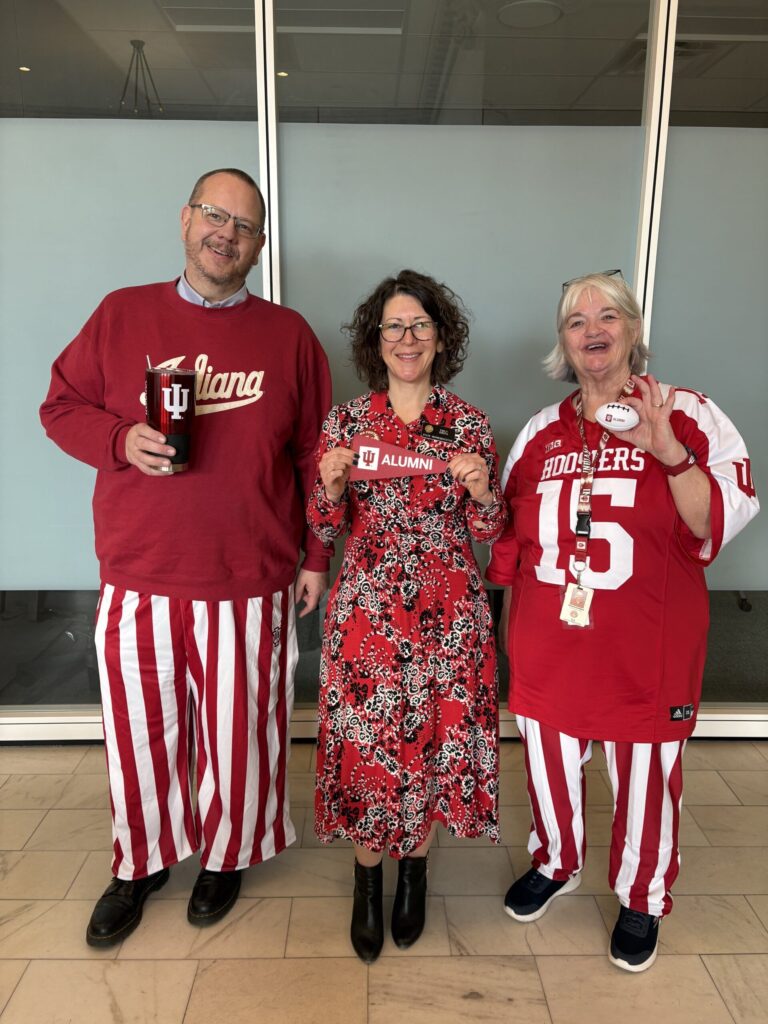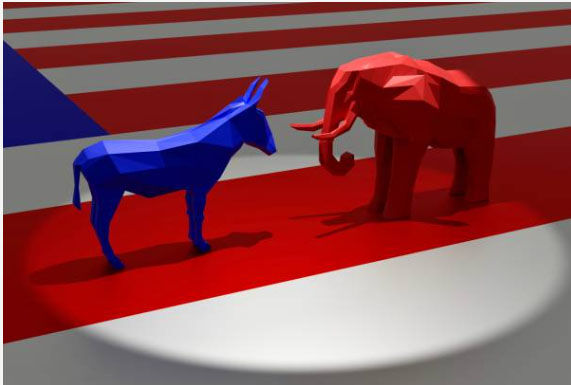Jimmy Carter — one of the best one-term presidents in U.S. history | CRONIN & LOEVY

Tom Cronin and Bob Loevy
Former President Jimmy Carter wrote 32 books, and many more have been written about his unusual presidency and remarkable life.
Both of us have written about him and taught about him. One of us met with Carter a few times and corresponded with him.
Two of the best biographies about Carter have been published by prize winning authors in 2020 and 2021. We borrow from both in our analysis here.
- Jonathan Alter, “His Very Best: Jimmy Carter, a Life,” New York: Simon and Schuster, 2020.
- Kai Bird, “The Outlier: The Unfinished Presidency of Jimmy Carter,” New York: Crown, 2021.
Jimmy Carter’s ancestors had been slave owners, and even in his own family many were white supremacy advocates living in one of the most conservative counties in Georgia.
His demanding father called him “hotshot” and taught him farming, fishing and hard work. His father supported segregationist politicians and briefly served as a Georgia state legislator.
Stay up to speed: Sign up for daily opinion in your inbox Monday-Friday
His mother, called Miss Lillian, was a progressive maverick and, late in life in her late 1960s, served as a Peace Corps volunteer in India.
We will treat Carter’s successes and failings below, yet we will first note virtually all his friends and biographers agree he was a bundle of contradictions.
He was humble and self-righteous, patient and impatient, cautious and visionary, pragmatic yet preachy, spiritual and vain, soft-hearted and ruthlessly competitive, and fascinating and dull.
He was a talented high school student who went to his local community college and on to Georgia Tech. Then he was awarded a congressional appointment to the U.S. Naval Academy in Annapolis, Maryland.
His road to the White House was notable. He began his career as a naval officer working on nuclear-powered submarines and looked forward to a career in the Navy. But his father died in 1953, and Carter agreed with his mother’s request to resign from the Navy and return to South Georgia to run his family’s farm operations.
His wife angrily disagreed with this decision.
Carter, then in his mid 30s, picked up and continued many of the business, civic and church activities of his late father.
Carter turned the farming operations into profitable ventures. He became a church deacon, a Sunday school teacher, a scoutmaster, a member of the local Lions Club, a school board member, a regional planning commissioner and then a state senator in the Georgia state legislature.
He, his wife and his mother were practically the only “liberals” in their region. He had to use every navigational skill he learned in the Navy to balance his “Yankee” views with the populist and racist views of his southern Georgia constituents.
Carter ran for governor of Georgia in 1966 and lost. He ran, as Jonathan Alter politely put it, with an “ideologically hazy” platform mainly emphasizing integrity and reform.
But Carter’s political ambitions heightened. He ran a second time for governor in 1970. He shifted a bit rightward cultivating conservative white votes. This time he succeeded.
His views on civil rights issues were mixed, yet when he became governor, he proclaimed the days of racial prejudice in Georgia were over. He hung up a photo of Martin Luther King, Jr., in the Georgia state capitol.
Another Carter paradox is he became a lover of classical music at Annapolis, but he also developed a love of rock music.
While governor, he attended a Bob Dylan concert. He then welcomed Dylan to a visit at the governor’s mansion. Carter knew the lyrics to many of Dylan’s songs. He loved his friendship with Dylan, and later his friendships with Willie Nelson and The Allman Brothers.
What motivated Carter to want to climb the greasy pole of electoral politics? His strict and overbearing father was in many ways a “Tiger Father” who always pushed and rarely praised his son. Carter’s dad always beat him at tennis. Yet his father, in his quiet way, set the example of becoming a widely admired regional civic leader.
Jimmy Carter’s religion also played a role. He was a “born-again” Southern Baptist with a dim view of politics and politicians. Carter’s righteous preachings about integrity were a major handicap when he was president of the United States. But Carter was inspired by the words of Protestant theologian Reinhold Niebuhr who wrote “the sad duty of politics is to establish justice in a sinful world.”
Carter was driven to achieve. He always wanted to prove himself. He excelled as a runner, as a fly fisherman, as a farmer and later as a Nobel Prize-winning humanitarian.
Carter was bullied and hazed at the Naval Academy for being a southerner. He carried the guilt of being a descendant of slave owners. But he wanted to be a patriotic American citizen, a proud naval officer, a successful businessman and civic “servant leader” for not just south Georgia but for his country.
Carter won election as president of the United States because previous President Richard M. Nixon had badly wounded the Republican Party with the Watergate scandal. And the Democratic Party was still divided and recovering from the wounds of the unpopular and failed Vietnam War.
Also, the Democrats were suffering a backlash from southern states over the Democratic Party’s successful civil rights legislative and judicial programs.
Carter’s moderate southern populism with an emphasis on honesty and integrity found a timely welcome in 1976. Carter also proved to be a tireless campaigner in Iowa and New Hampshire.
Carter was term limited in Georgia. He could not run for another term as governor. This gave him two full years to run full-time for president. In many ways, his dedicated and hard-working run for president was one of the most distinguishing characteristics of his presidency.
Carter was helped when liberal Democrats ignored and discounted him. But those same liberals failed to rally around or unite behind a candidate of their own. Thus, Carter was an outsider to regular Democratic Party politics. He was an outlier and, in many ways, a political accident
He became a good yet certainly not “great” president. But everyone now agrees he was a remarkable person and one of the hardest working and most dedicated presidents and former presidents.
Biographies and recent obituaries have detailed his accomplishments. His own verdict was: “We obeyed the law, we told the truth, we kept the peace, and we championed human rights.”
He was awarded the Nobel Peace Prize in 2002 for his Camp David Accords, which arranged an enduring peace agreement between Egypt and Israel. He was noted for promoting democracy and conflict resolution around the world.
Scholars salute Carter for other achievements. He negotiated the Panama Canal Treaty, which he got former-President Gerald Ford, former-Secretary of State Henry Kissinger and even movie star John Wayne to endorse.
He also succeeded in enacting airline and trucking deregulation, major consumer protection policies, civil service reform, the creation of the Departments of Energy and Education, and major human rights initiatives.
He also is credited with the gutsy, if politically costly, appointment of Paul Volcker to be chairman of the Federal Reserve Board. Volcker rightly raised interest rates so high they eventually tamed inflation, yet that, among other things, hurt Carter’s chances for reelection as president in 1980.
Carter was unable to deal with inflation and high gasoline prices. He made a mistake in allowing the deposed Shah of Iran to come to the United States for medical treatments, an action which triggered the Iranian “hostage crisis” at the American embassy in Tehran.
Carter made some mistakes in staffing his White House. He probably had too many young Georgians on his staff and there were staff conflicts. Carter lost the confidence of his excellent Secretary of State, Cyrus Vance, when Carter approved a poorly planned “hostage rescue mission.” The hostages were not released until after Carter lost the 1980 election and was leaving the White House. He was also a workaholic who had too many priorities and inadequate political skills to make as much progress as he wanted. Still, he was able to get most of his proposals enacted or advanced.
Carter was severely politically wounded by Massachusetts U.S. Sen. Ted Kennedy’s challenge to him in the 1980 Democratic presidential primary elections. Kennedy and his allies wanted a robust health care reform package, while Carter favored more modest efforts.
Carter eventually won renomination, but the Democratic left wing never fully came around to support Carter. Some Democrats supported Democratic U.S. Rep. John Anderson of Illinois, who ran as an independent and got more than 6% of the vote in 1980.
Carter also lost reelection to the presidency in 1980 because Republican opponent Ronald Reagan was a better campaigner and communicator.
Carter’s post-presidency life is now legendary. He and his Carter Center in Atlanta have been enormously successful at promoting conflict resolution, fair elections and health innovations around the world.
Carter himself was indispensable in helping to eliminate scourges of Guinea worm and river blindness. He also set an indelible role model as a leading volunteer for Habitat for Humanity, which has provided affordable housing for working-class poor people.
Carter was a longtime leader on behalf of human rights, women’s rights and civil rights. He confessed he was an imperfect Christian who was not as humble as he should have been. He was, however, a consequential American and among the best one-term presidents in American history.
Tom Cronin and Bob Loevy are news analysts who write about Colorado and American politics.











